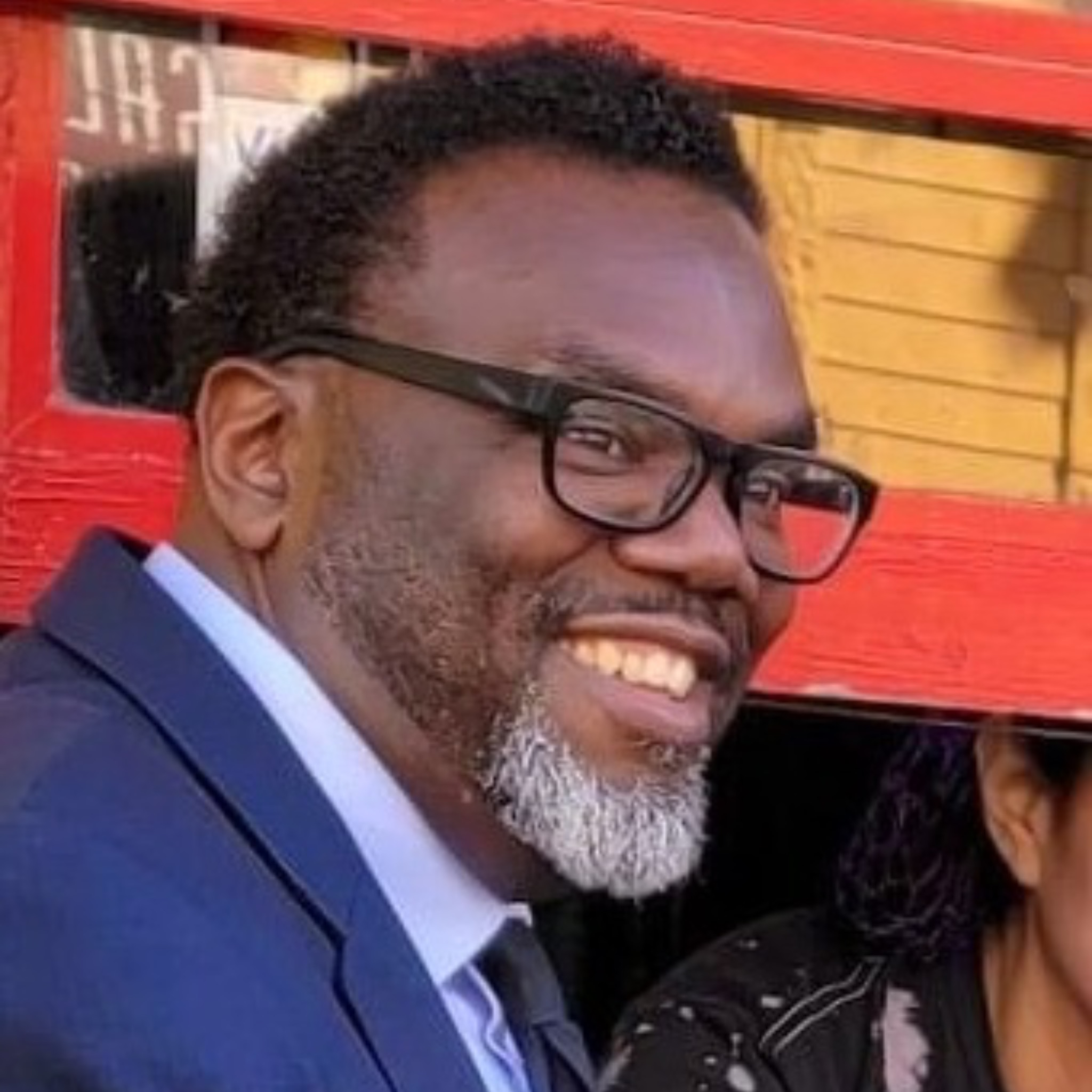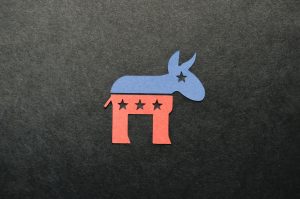Brandon Johnson won the general mayoral election to become the city’s most progressive mayor to date, promising to implement groundbreaking initiatives to bring financial and quality-of-life equity for all Chicago residents, including a promise not to raise property taxes.
Property, income and sales taxes are the largest generators of income for the city.
But, how will he pay for his promised programs, some of which are out of his control? A solid financial base is critical to his success and the city’s health.
The largest challenge for Johnson will be to convince people who did not vote for him that his plans can work.
In Johnson’s favor, turnout for voters aged 18-24 increased 30 percent indicating that the youth vote was a positive factor that helped elect him.
The city’s projected post-pandemic budget deficit, calculated by the outgoing Lori Lightfoot’s administration, at $1.155.4 billion from 2023 through 2025 will be another challenge for Johnson.
Even with these negative effects, some of his initiatives are more likely to be supported and implemented than others.
Of the three, improved access to mental healthcare for both city and suburban residents seems the most likely to succeed because this program is within his ability to control.
Johnson’s idea to widen the existing Cook County mental health department’s infrastructure and resources to increase access to mental health care for all residents within the county is doable. Cook County mental health facilities already exist in both the city and suburbs making implementation of this plan an easy lift.
“The plan to consolidate mental health services seems to be the most likely to be successful,” said economics professor at Oakton Community College, David Williams. “It is a good economic principle to consolidate services and lower costs by doing that. This initiative would eliminate the duplication of services by consolidating offices to make a more efficient system.”
Johnson’s goal is also realistic because he controls Chicago city services and election supporter and built-in ally, Cook County Board President Toni Preckwinkle controls the healthy Cook County budget.
But, Johnson’s reliance on increased county suburban taxes could be a negative.
There are some suburbs whose families live 200 percent below the socioeconomic and federal poverty level according to the Cook County Health Atlas.
Federal poverty level scores are used to determine assistance eligibility for adult and childrens’ health insurance that, as of 2016, includes mental health services. Income falling below $60,000 for two adults and two children classifies as 200 percent below the federal poverty level.
Two of these suburbs are waiting for more detailed information from Johnson about how they will be affected by his consolidation initiative.
“There is a scheduled meeting to discuss this proposal, but until that meeting takes place, I wouldn’t be able to answer any questions,” said suburban Maywood mayor, Nathaniel Booker. “This is a new proposal that has yet to be officially discussed.”
Maywood’s federal poverty level score indicates that from 2017-2021, 33.9 percent of families live in poverty with a margin of error at + 5.20 percent.
Suburban Elmwood Park village manager, Paul Volpe, also said he has limited information about the effects of Johnson’s proposed mental health services consolidation.
“The Village of Elmwood Park does not provide direct mental health services. If what the Mayor-elect does negatively impacts the county in its delivery of services to Elmwood Park residents, obviously that would be an issue,” he said.
Elmwood Park’s federal poverty level score indicates that 25.68 percent of its families live in poverty with a margin of error at + 4.90 percent.
Johnson’s plan to resurrect former Mayor Rahm Emanuel’s “Big Business Head Tax” could be unlikely to happen.
Emanuel’s tax applied to businesses that employed more than 50 employees, each earning more than $4,300 per calendar quarter and imposed four dollars per employee with some exemptions that generated $35 million for the city between 2009-2010. The tax was eliminated in 2014.
A business’ decision to move out of Illinois taking jobs and city imposed tax money with them is out of Johnson’s hands. If he makes it too expensive for a business in the city or the suburbs to survive, he could drive dollars needed to effect social reform in Chicago to other states.
Johnson’s initiative, the Big Banks Securities and Speculation Tax, would tax stock trade transactions at a rate of $1 or $2 per securities trading contract. He states that by doing this, $100 million dollars in revenue for the city would be generated.
Illinois Governor J.B. Pritzker disagrees with Johnson’s plan to impose a stock trade tax. “I have not stood for a transaction tax because I think it would be easy for those companies and servers to move out of the state,” he said.
Other concerns involving additional taxes on trades are lowering the amount of trading and the price value of a business’ stock resulting in a trading slowdown that drives the price of goods and services up.
Also, money made by an investment account is already taxed by the federal government.
Williams agrees that the Big Business Head Tax and the Big Banks Securities and Speculation Tax are not likely to be implemented.
“When you start messing with Wall Street with things like a business head tax and a tax on stock trade transactions, they will not happen because Johnson doesn’t have control of those kinds of things,” Williams said.
In the end, crafting realistic initiatives that are within Johnson’s legal authority to implement are a good start toward his goal of achieving financial and quality of life equity for Chicago and suburban residents alike.
Johnson should stop the political speech and admit that for the foreseeable future, the age-old sources of revenue for any city, those being property, income and sales taxes are here to stay.
The best strategy for a Chicago resident is to make appointments to speak with their ward alderperson to make opinions and ideas known to them.

















Be First to Comment